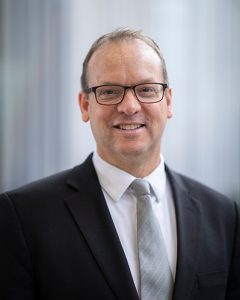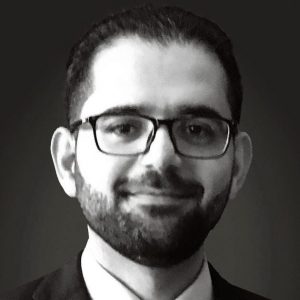Our “Kairos” Moment: The G20 and the Challenge of Immunizing the World
 Brett G. Scharffs is Rex E. Lee Chair, Professor of Law, and Director of the International Center for Law and Religion Studies, J. Reuben Clark Law School, Brigham Young University
Brett G. Scharffs is Rex E. Lee Chair, Professor of Law, and Director of the International Center for Law and Religion Studies, J. Reuben Clark Law School, Brigham Young University
This post is adapted from a presentation at the G20 Interfaith Forum held in Bologna, Italy on September 13, 2021. The Panel, “A ‘Kairos’ Moment: Accountability to Address Inequalities” was co-chaired by Stefano Fassino, a member of the Italian Chamber of Deputies and Katherine Marshall, Senior Fellow at the Berkeley Center for Religion, Peace & World Affairs, Georgetown University. The other speakers were Rajeev Bhargava, Director of the Parekh Institute of Indian Thought at the Centre for the Study of Developing Societies in New Delhi; Arntraud Hartman, Professor of Development Economics, SAIS Europe John Hopkins University in Bologna; Eric LeCompte, Executive Director of Jubilee USA Network; and Jonatas Machado, Faculty of Law at the University of Coimbra.
I’m grateful for the framing of today’s discussion, a “Kairos” moment addressing inequalities. As Stefano Fassina explained, Kairos is a Greek term that refers to a unique and unusual opportunity. Our Kairos moment is shaped by the coronavirus crisis. And I believe it is a unique opportunity as illustrated by Professor Katherine Marshall’s framing this with the assignment she gave her students at Georgetown University. She asked them to write a letter to their grandchildren describing what they experienced and how they responded to the pandemic.


